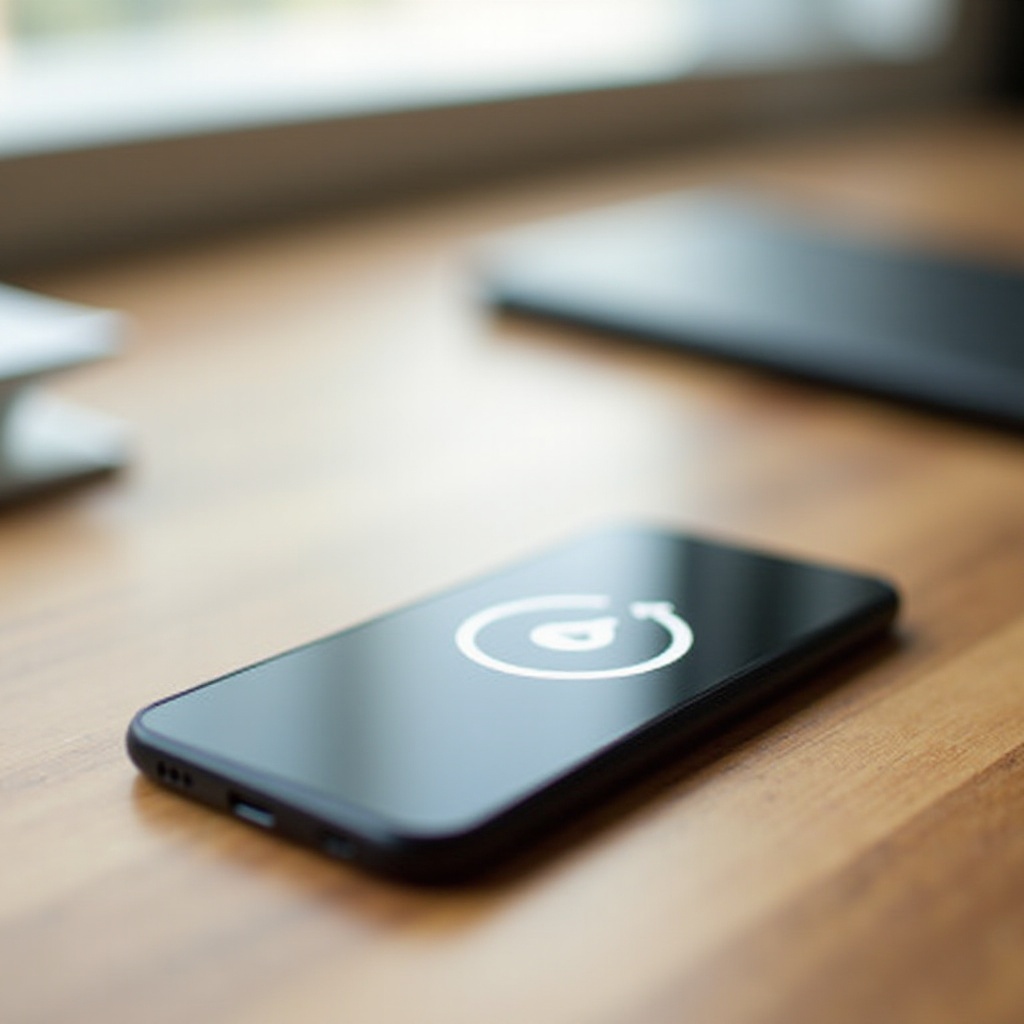Introduction
Restarting your phone is often an underappreciated but essential aspect of maintaining device health. Amidst the numerous features and apps we engage with daily, the act of restarting your phone can be pivotal. But what exactly does restarting your phone do? This simple yet effective action can resolve minor glitches and breathe new life into your device’s performance. In this article, we will explore the intricacies, benefits, and best practices related to this often overlooked task.

The Mechanics of Restarting Your Phone
When you choose to restart your phone, the device undergoes several systematic processes. It begins by closing all running applications and severing connections with networks. At this point, the operating system undergoes a reset, during which temporary files are purged. This reboot allows the system to have a fresh start, free from any clutter. As the phone powers back on, it reinitializes its processes, enabling optimal functionality. Understanding these mechanics highlights why uninterrupted usage without periodic restarts might impair your device over time.
Benefits of Regularly Restarting Your Phone
Enhanced Device Performance
The difference in device performance post-restart can be significant. By clearing caches, halting unnecessary background processes, and reallocating resources efficiently, your phone becomes more responsive and efficient, akin to hitting a reset button for improved performance.
Software Problem Resolution
A restart can mitigate numerous software issues. Simple problems like stalled updates, app crashes, and unresponsive screens can often be rectified with a restart. This action gives the operating system a chance to address and patch minor bugs.
Memory and Storage Optimization
Beyond just enhancing performance, restarting helps in optimizing memory and storage. By clearing out temporary files and releasing RAM occupied by unused apps, the device gains additional storage space, maintaining its agility and efficiency.
How Often Should You Restart Your Phone?
Factors Influencing Restart Frequency
The frequency of phone restarts is not one-size-fits-all and varies based on several factors. Your usage patterns, the number of installed apps, and the extent of background processes play significant roles. Those who use their phones heavily might find weekly restarts to be particularly beneficial.
Expert Recommendations
As a general guideline, it is recommended by experts to restart your phone at least weekly. Doing so helps sustain optimal device performance. However, if you experience performance lags, consider restarting your device more frequently.
Understanding when to restart naturally leads us to explore common concerns and misconceptions surrounding the practice of restarting.

Potential Drawbacks and Myths
Common Misconceptions About Restarting
One prevalent myth is that restarting a phone may diminish its lifespan. This is not true. Rather than causing harm, restarting stands to elongate the phone’s life by maintaining optimal operation.
Understanding the Risks
Mindful of potential issues, the primary risk involves unsaved data, which can be lost if not properly saved before restarting. Adhering to proper protocols can minimize this risk substantially. Restarting generally poses no threats to your files or apps.
Having debunked myths and alleviated concerns, let us now explore detailed guidance on how to restart phones across various devices.

Step-by-Step Guide to Restarting Your Device
For Android Devices
- Press and hold the power button on your Android device.
- Wait for the power menu to appear on your screen.
- Tap on the ‘Restart’ option.
- Allow the device a few moments to complete the restart process.
For iOS Devices
- Press and hold the side (or top) button along with any one of the volume buttons until you view the power off slider.
- Drag the slider, and after waiting for about 30 seconds, the device will power down.
- Press and hold the side button until the Apple logo surfaces on the screen.
After successfully restarting your device, it is essential to couple this with fundamental maintenance practices for prolonged efficiency and security.
Additional Tips for Device Maintenance
- Ensure that your phone’s operating system and apps are regularly updated to access the latest enhancements.
- Clear cache data and uninstall unused applications to free up valuable storage space.
- Employ virus protection software to shield your device from security threats.
- Regulate app permissions and background activities to conserve battery life and enhance security.
By integrating regular restarts with these maintenance strategies, you can assure a seamless and efficient smartphone experience.
Conclusion
In summary, restarting your phone is a simple act that yields substantial benefits. From enhanced performance and resolving software issues to memory optimization, understanding and regularly executing restarts can significantly extend your device’s lifespan and functionality. Equipped with this insight alongside practical steps, you are poised to maintain a responsive and secure smartphone.
Frequently Asked Questions
Does restarting my phone delete everything?
No, restarting your phone does not delete any data. It simply refreshes the operating system without affecting stored files or apps.
Can I restart my phone too often?
Restarting your phone too often is generally not harmful. However, excessive restarting may indicate other underlying issues that need addressing.
What should I do if my phone won’t restart?
If your phone won’t restart, try a forced restart by holding the power and volume buttons simultaneously. Refer to your device’s manual for specific instructions if needed.
